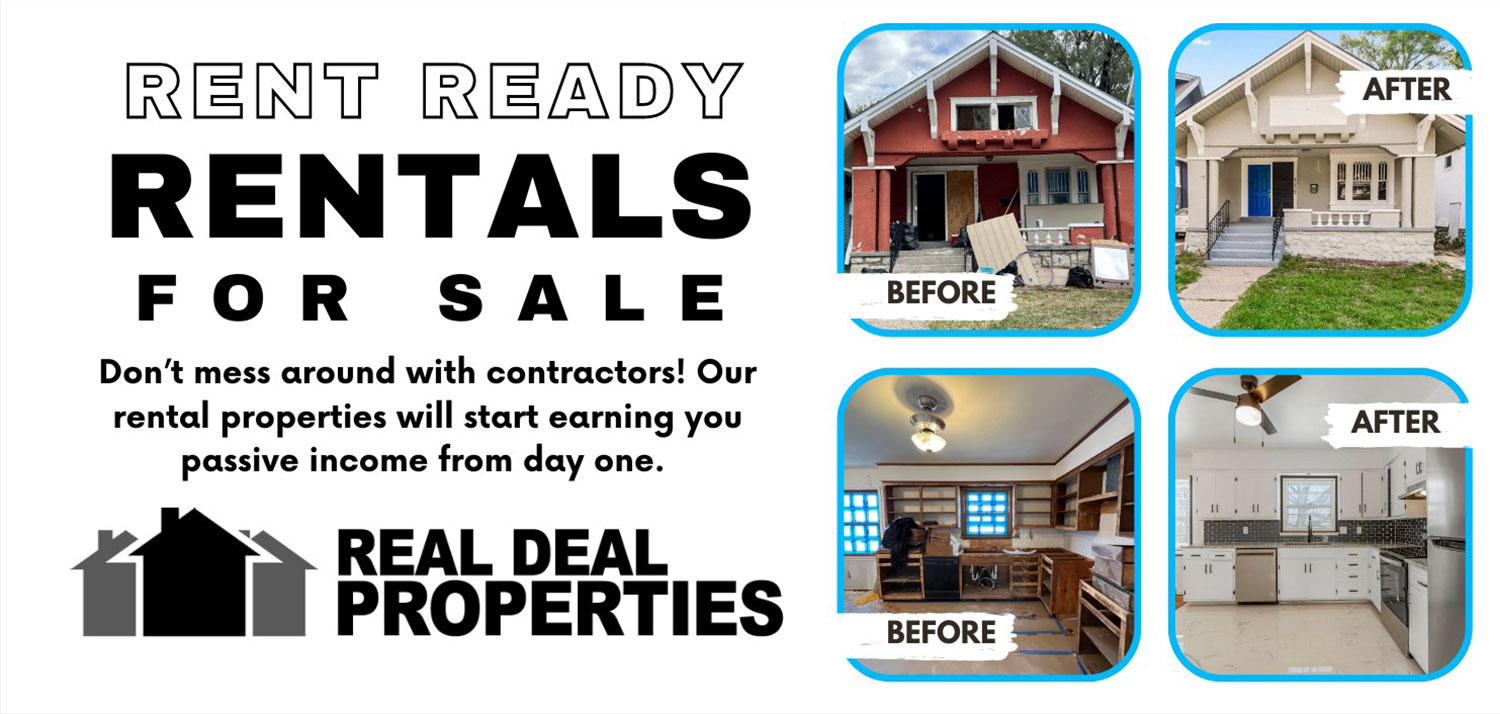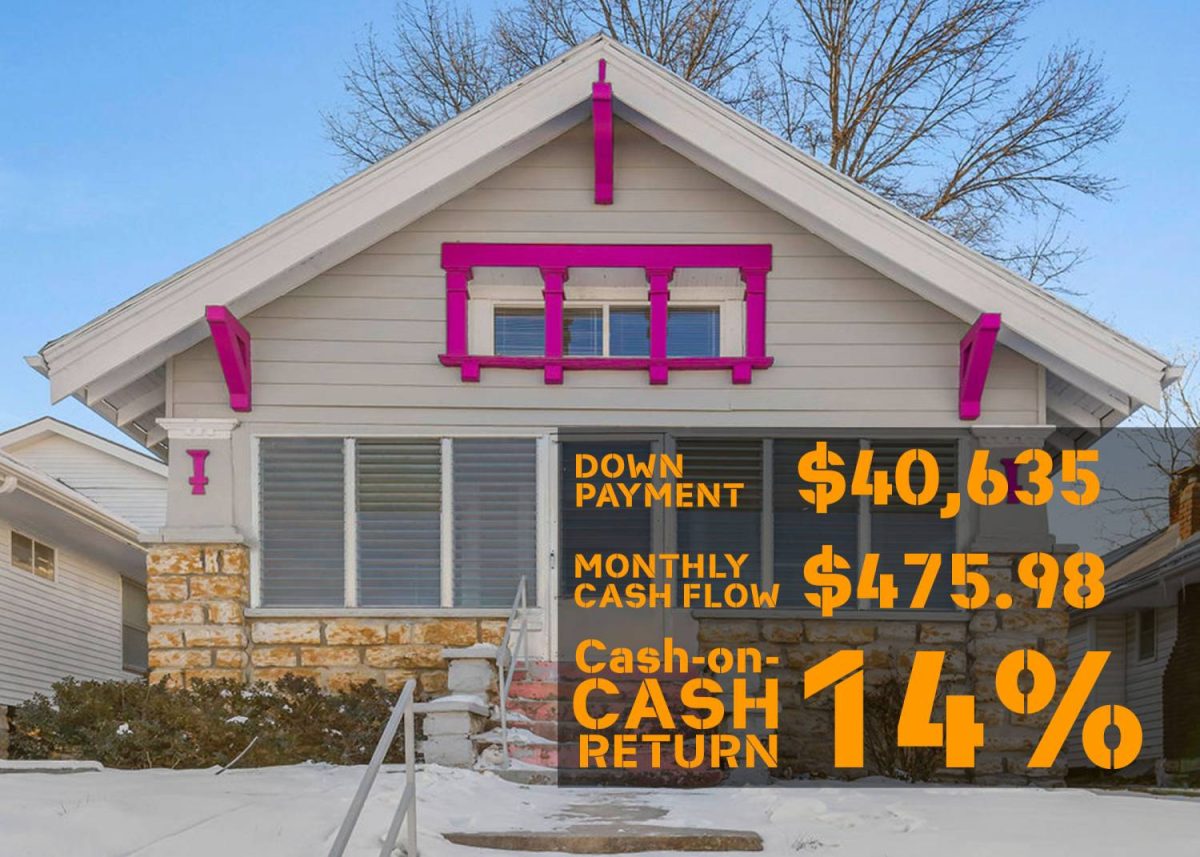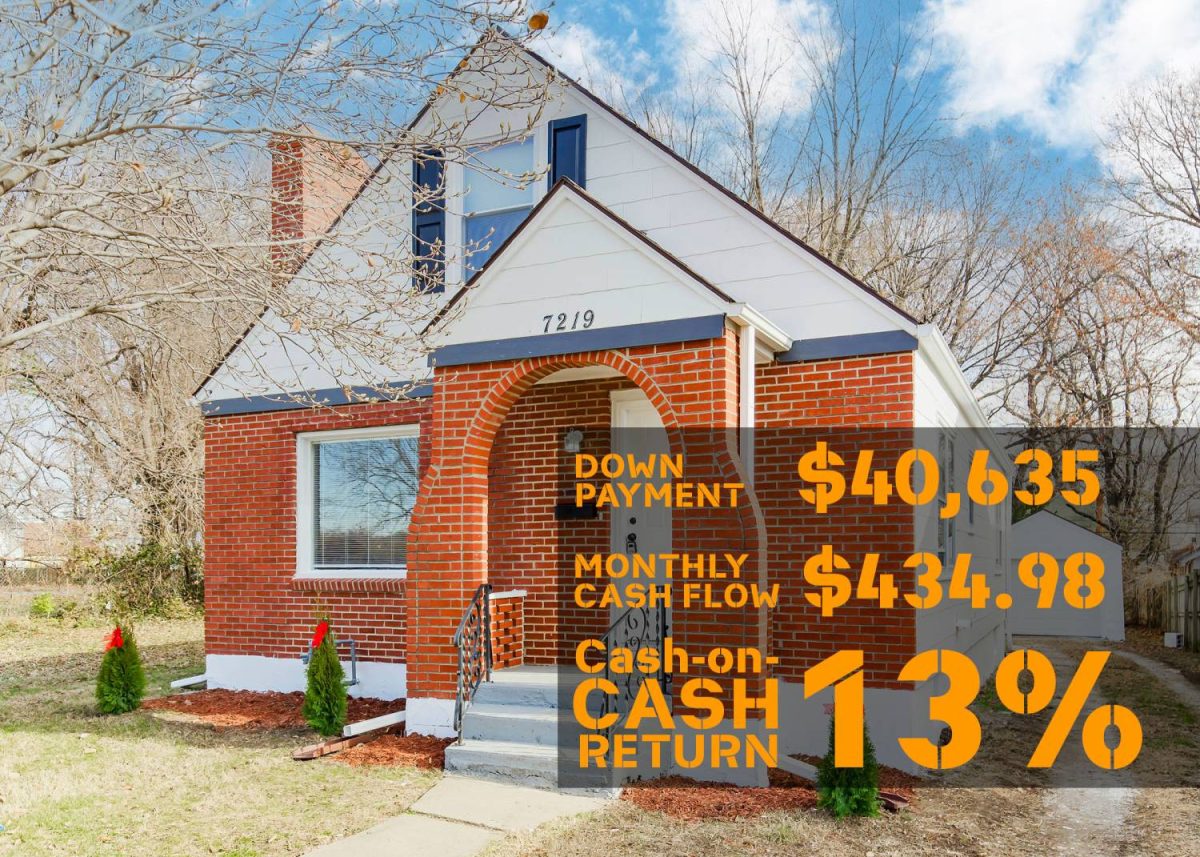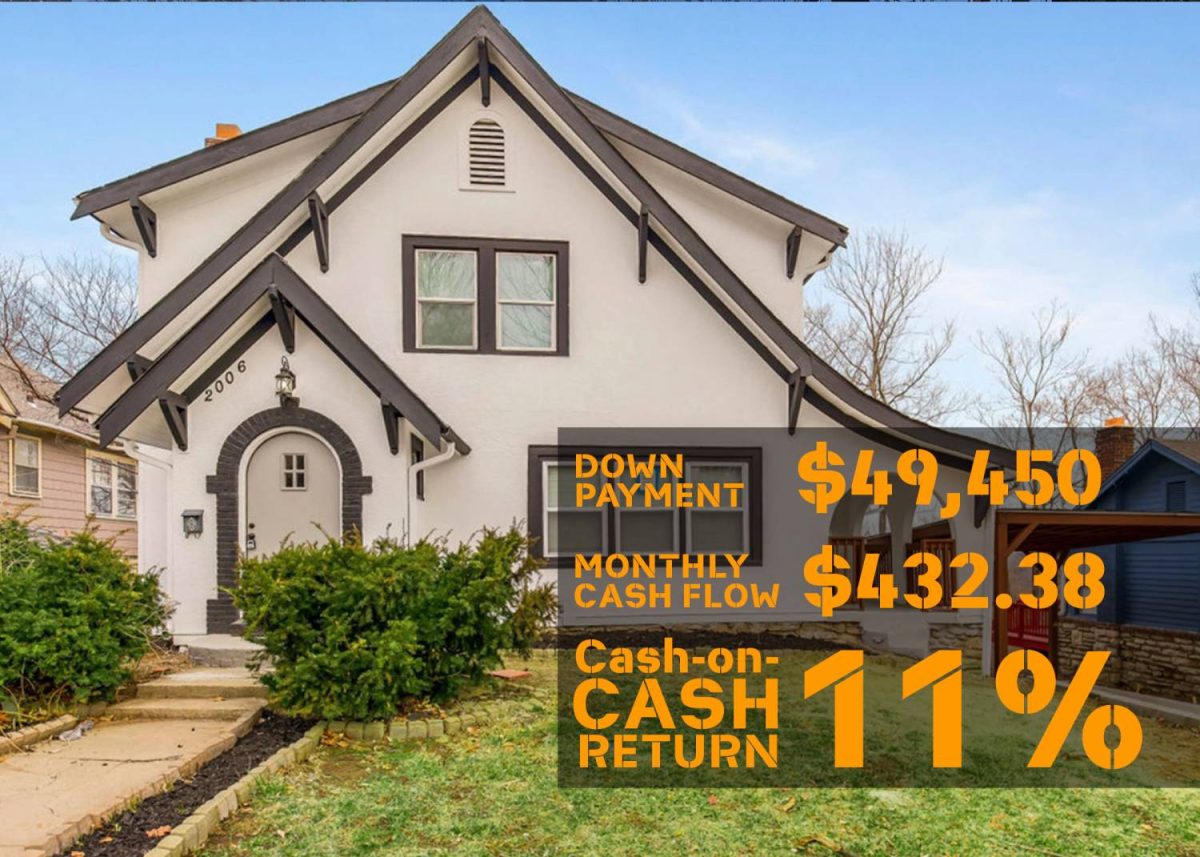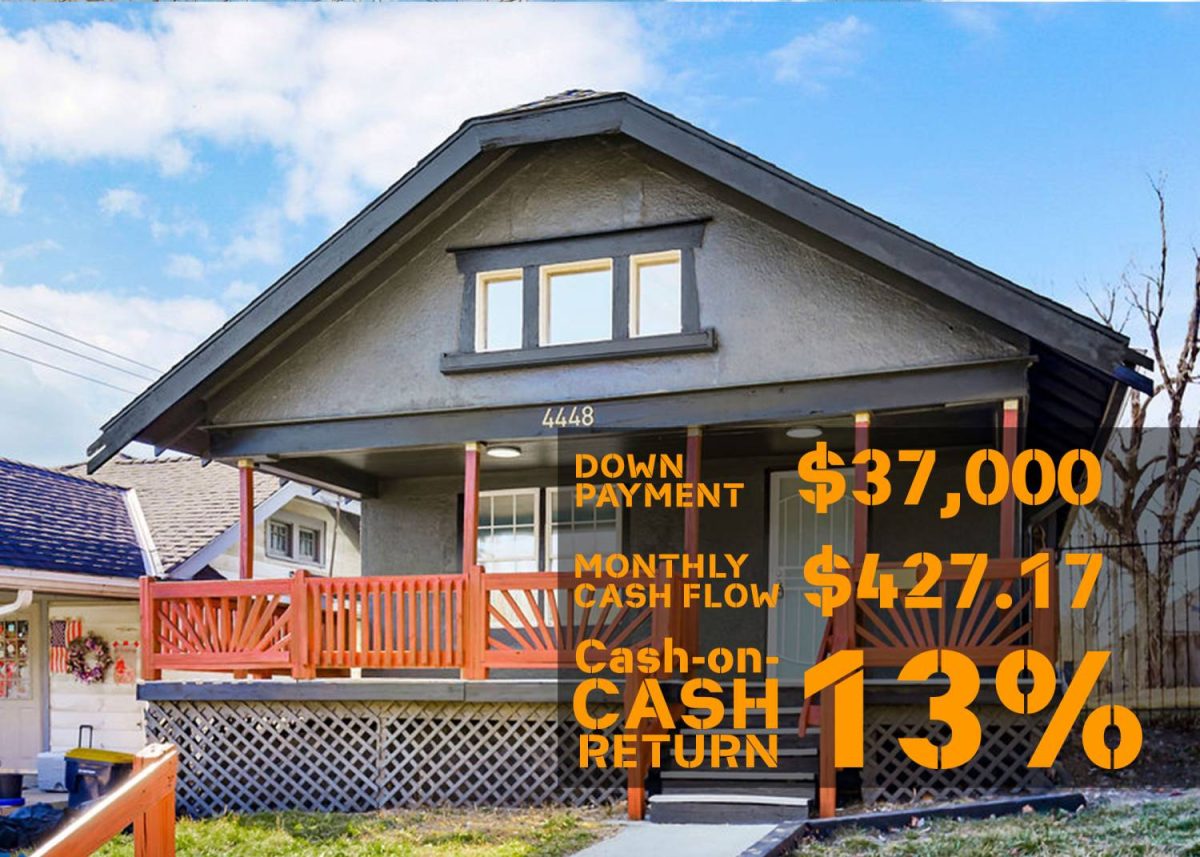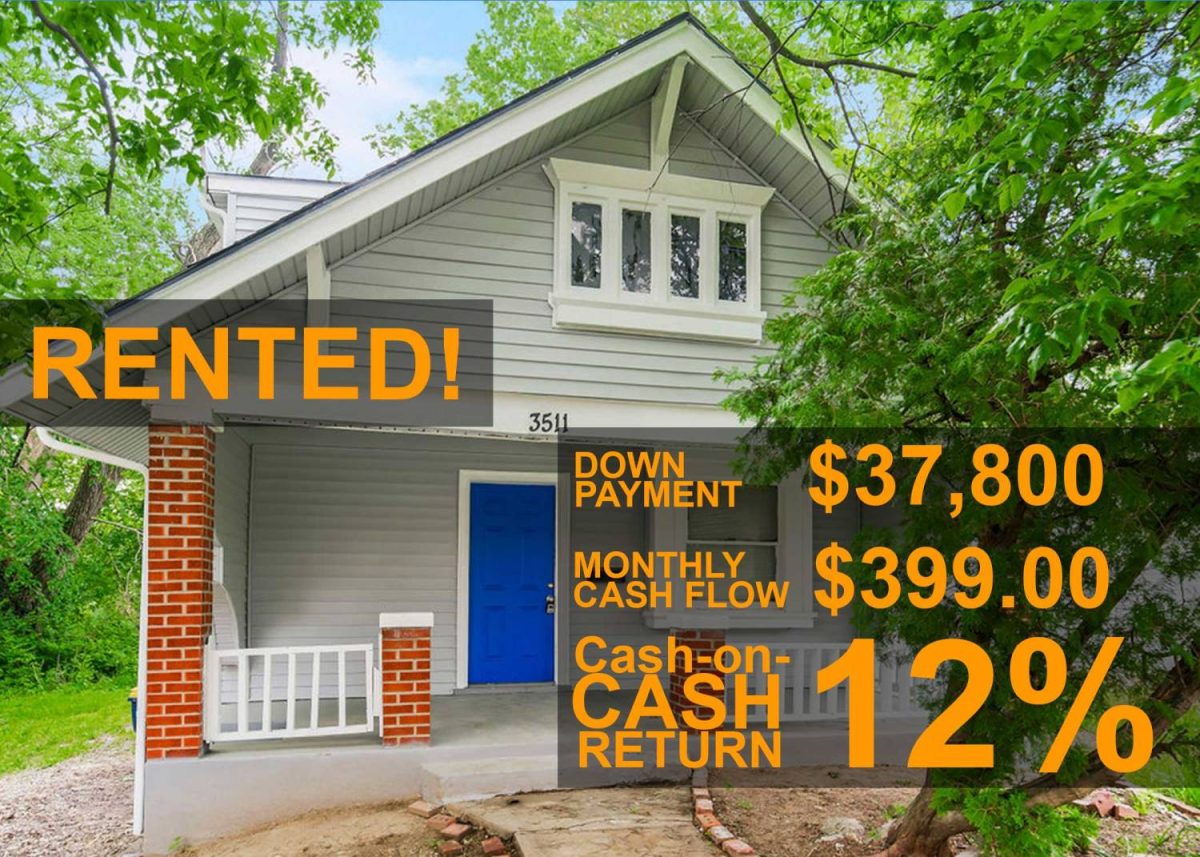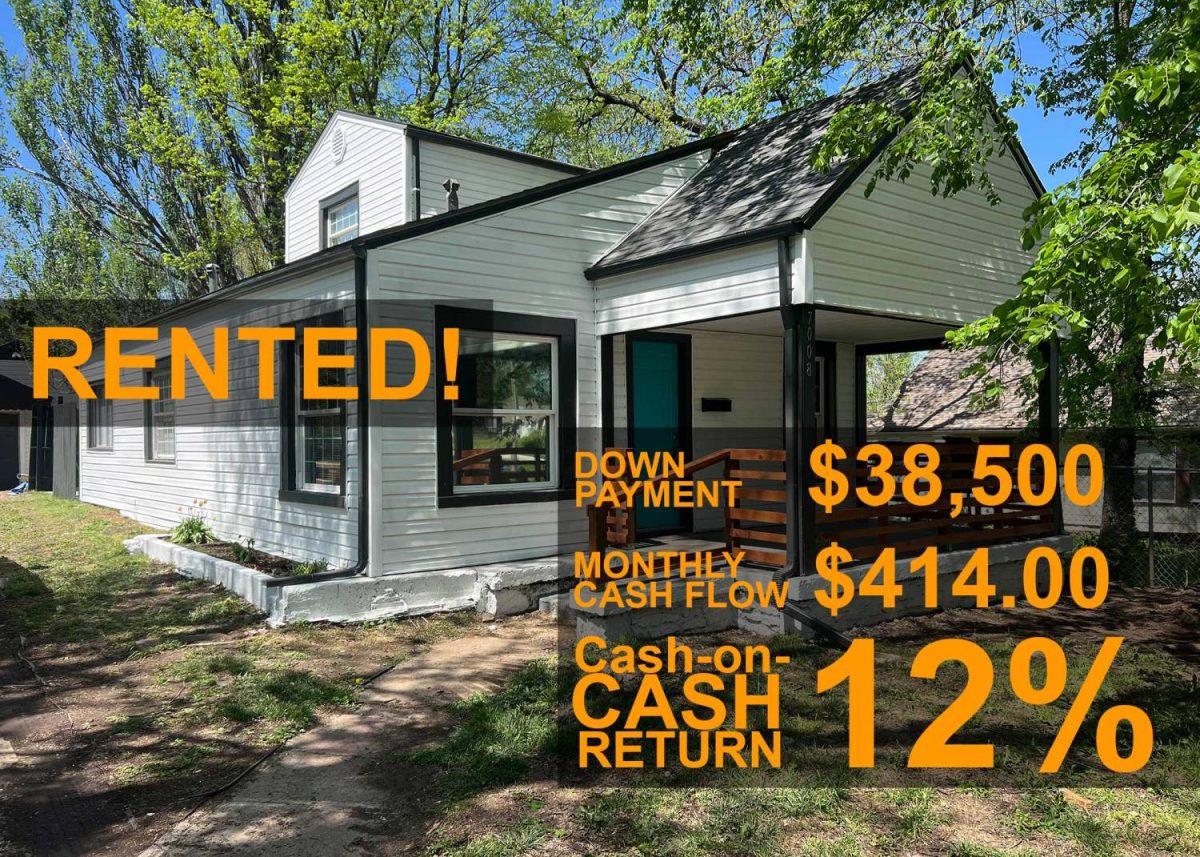It’s no secret that there are many different types of passive income rentals out there. Two of the most buzzworthy options are managed rentals and AirBnB rentals. Although they are similar in some respects, these two options are very different in others.
If you’ve been trying to decide between an AirBnB rental and a more traditional managed rental to use as passive income real estate, you need to first understand how each of them work.
Here is a quick overview of the differences between the two!
Managed Rentals
Managed rentals are the traditional, long-term rentals that people are most familiar with. They may include apartments that are leased for six months, townhouses that are rented with leases of 12 months, and more.
This long-term investment strategy involves purchasing a property to rent out for at least six months to each tenant. During this time, tenants pay rent based upon a lease agreement for a steady time period.
AirBnB Rentals
AirBnB is an online platform that connects people who are willing to share a space they own with other people in exchange for payment. Typically, these types of shared spaces are rented for a very short period of time, up to a month at most.
On the AirBnB website, property owners list their house, room, or even a yacht as being available for rent, then wait for interested parties to reserve the space, for which they will pay a fee (rent).
The Hassles of Managed Rentals
While most people are already familiar with many of the benefits associated with managed rentals, here, we will focus on the drawbacks in order to conclude which type of rental comes with more stress.
More Legislation
With the rental market now being regulated by ARLA Propertymark, landlords of these turnkey properties have a lot more legislation to deal with these days. As of 2018 when the change in regulation transitioned to ARLA, a new amended code of practice for letting agents, a greater need for educating landlords and tenants, and increasing regulatory requirements increased the “hassle” associated with managed rentals.
The Dreaded Void Periods
Another drawback for managed rentals is the dreaded void period. There are risks involved when properties are rented out long-term, and void periods remain the biggest one.
During times when your Kansas City real estate remains empty without a tenant paying rent, it can be financially devastating. Furthermore, if that time period is a long one, it could upend your financial roadmap permanently.
Late Rental Payments
While long void periods are probably the biggest drawback of managed passive income rentals, dealing with late or missed rental payments is almost as bad.
Even though long-term leases require monthly payments, tenants (just like everyone) can fall onto hard times financially, leading to late rental payments, or worse, no payments at all.
If you haven’t accumulated a surplus of cash to cover your own property bills, this will quickly become a big problem. Should the problem with the particular tenant continue, you would then have to go through the motions for eviction proceedings and court action, which can also add hefty costs to your shoulders.
The Hassles of an AirBnB
With the drawbacks of traditional long-term managed real estate fresh in your mind, let’s look at the hassles that can be associated with AirBnB rentals.
High Amount of Wear and Tear
Tenants who stay in passive income rentals for only a very short period of time tend to put more wear and tear on a property for a variety of reasons. A greater number of tenants across a period of time means more wear to the decor, furnishings, and furniture. This translates to increased costs for you as the landlord as you redecorate, replace, and repair your property with every move-in and move-out.
Void Periods
Just as downtime in occupancy plagues managed rentals, void periods can be detrimental for owners of AirBnB rentals. It’s difficult to coordinate consistent tenancies all year round, and this can generate income that is more lump-sum in nature. It is more erratic than the steadier income of long-term managed Kansas City real estate.
Time-Consuming
With the short-term nature of AirBnB rentals, having to be available every time a tenant moves in or out can really put a strain on your schedule. The time you’ll take to turn the property around for the next tenant can be significant. The more time you spend to ensure high occupancy rates, the less time you’ll have for yourself.
So Which Os More Hassle?
Many people come to the conclusion that AirBnB carries more risk and more hassle than managed rentals do. Missouri real estate investment should be considered to be a long-term plan that can generate steady, passive income for you.
If you’re looking for a turnkey rental company in Kansas City to help you find the best Missouri turnkey properties, contact Real Deal Properties.
Choosing the Right Turnkey Provider in Kansas City
When venturing into the turnkey rental property market, selecting the right provider is crucial. A good turnkey provider in Kansas City should offer:
- Transparency: Full disclosure of property history, renovation details, and tenant records.
- Local Expertise: Deep understanding of the Kansas City market, neighborhood dynamics, and economic trends.
- Quality Renovations: Commitment to high standards in property upgrades and maintenance.
- Reliable Management Services: Efficient handling of tenant relations, property maintenance, and financial management.
For information on how Kansas City turnkey rentals can help you reach financial freedom with passive income real estate, contact Real Deal Properties.
continue reading
Related Posts
College Ave, Kansas City, MO 64130
College Ave Kansas City, MO
Chestnut Ave, Kansas City, MO 64132
Chestnut Ave Kansas City, MO
E 48th Ter, Kansas City, MO
E 48th Ter Kansas City, MO
S Benton, Kansas City, MO
S Benton Kansas City, MO
Jackson Ave KCMO 64132
Jackson Ave Kansas City, MO

